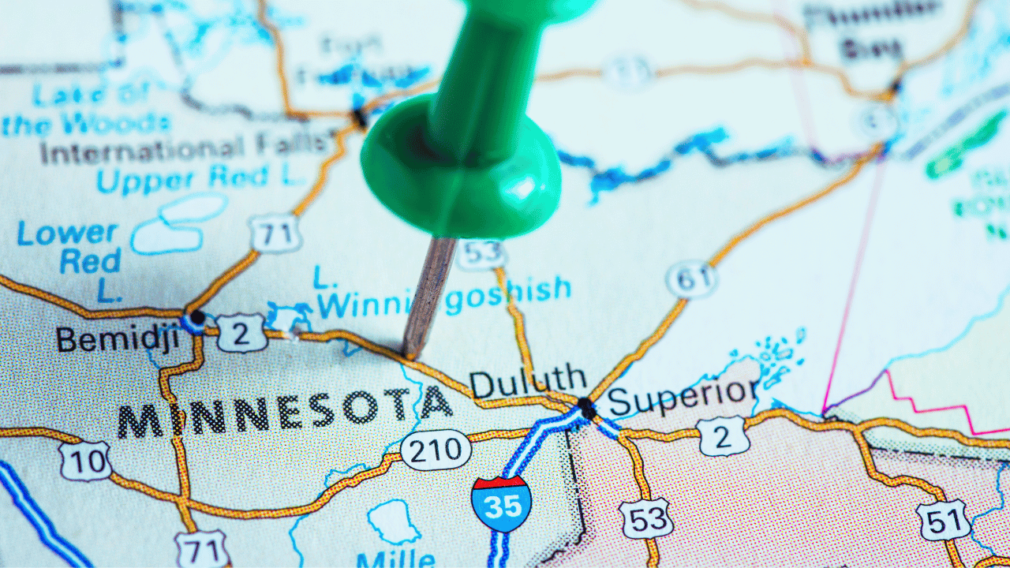Minnesota’s SF 3414 Pushes for Legal Sports Betting
Minnesota’s Senate Bill 3414 (SF 3414), introduced during the 2025-2026 legislative session, aims to legalize mobile sports betting and daily fantasy sports, tying them to the state’s 11 federally recognized tribes.

A New Bet for Minnesota
The bill aims to unlock a $500 million handle for Minnesota. It offers up to 11 licenses, each valid for 20 years, but only tribes running Class III casino gaming can apply. The bill seems to have bipartisan support, but time is not an ally here as the legislative session ends May 19.
The bill sets a low $2,125 annual licensing fee and mandates responsible gaming measures, like deposit limits, login time caps, and a problem gambling hotline.
It also bans push notifications to lure users back and restricts ads targeting those under 21 or near schools.
Taxes and Tribal Ties
SF 3414’s Article 2 slaps a 22% tax on net sports betting revenue, with bets on tribal land tax-exempt. The revenue splits strategically: 40% funds tax relief via the gaming commission, 15% supports a Sports Betting Equalization Account for smaller tribes, 10% boosts sports marketing, 10% aids human services, and 10% backs amateur sports integrity.
This differs from Senate Bill 757, which gives 45% to tax relief and 15% to horse racing. SF 3414’s unique tax split aims to balance tribal and state interests.
The bill’s tribal exclusivity, backed by the Minnesota Indian Gaming Association, ensures only tribes like the Shakopee Mdewakanton Sioux Community can operate.
Article 7 sets the bill’s start date as the day after final passage, with all licenses kicking in simultaneously. This could generate $18 million annually, though some senators worry about addiction risks.
Safeguards and Side Bets
Article 3 cracks down on illegal betting, underage wagering, and insider info leaks, while Article 1 defines terms like “sports event” and “mobile betting operator.”
Article 5 tweaks charitable gaming rules, and Article 6 adjusts pari-mutuel horse racing regulations to fit the new betting landscape.
The bill also tasks the gaming commissioner with studying gambling’s impact on addiction, youth, and suicides, a nod to responsible gaming.
Unlike Sen. Jeremy Miller’s Minnesota Sports Betting Act 3.0, which proposes a 20% tax rate, SF 3414’s 22% tax and no-push-notification rule stand out. Both bills cap licenses at 11, but Miller’s lacks detailed tribal or revenue specifics.
Recommended
